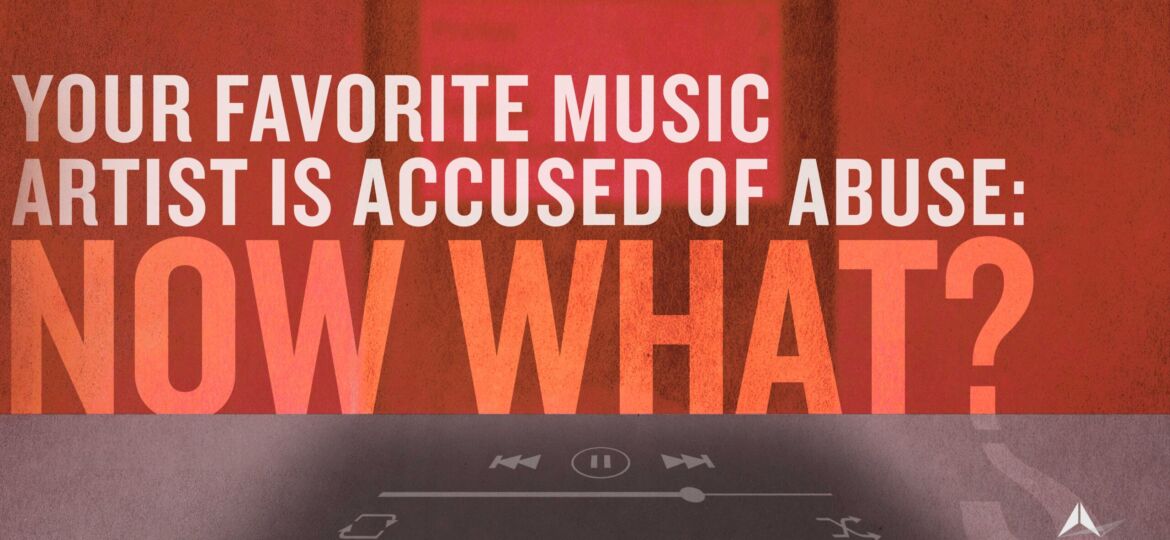Your Favorite Music Artist is Accused of Abuse: Now What?
What are you supposed to do when your favorite music artist is accused of sexual assault against children or adults?
The past ten years have seen phenomenal growth in the criminal and civil rights of child sexual abuse victims and victims of sexual assault. As a result, tens of thousands of survivors have been able to use the courts to expose the person who abused them as well as the organizations that may have facilitated or covered up the abuse.
Then, in 2018, #MeToo changed the landscape again. Powerful celebrities like Bill Cosby and Harvey Weinstein were finally exposed for the crimes they had committed against women for decades. Now, that same #MeToo power is hitting the music industry.
This is not a one-off. Musicians such as Danny Elfman, Nick Carter, Sting, and the Rolling Stones have been accused alongside musicians whose exploits are well known, including Steven Tyler, Michael Jackson, Jerry Lee Lewis, Marilyn Manson, Jimmy Page, and R. Kelly. These musicians have a huge library of music, most of which is still sold, gets radio airplay, and is available on streaming services. And that doesn’t include royalties from songs used in movies, television shows, and commercials. We are talking big money and big listenership.
What should the average listener do?
Catholics have faced a similar problem since 2002, when the clergy sexual abuse crisis rocked parishes nationwide. Suddenly, “well-loved” and “respected” priests were outed as serial child sex offenders, protected by a church hierarchy that allowed these men to abuse without consequence. Because gossip is considered a terrible sin for Catholics, church officials were able to silence victims, calling their allegations “sinful” and “calumny.” Parishioners, refusing to believe that a priest they admired could do something so awful, rushed to publicly support the priests and alienate survivors and their families.
To combat this, survivor support groups like SNAP, the Survivors Network of Those Abused by Priests, distributed a flyer called “What to do when your priest is accused of abuse.” The flyer was instrumental in helping Catholics grapple with the anger and sadness—as well as the knee-jerk reaction to support the accused openly and around survivors. We can apply many of their suggestions to the music industry.
Remain open-minded
It’s very easy to blame survivors of abuse in the music industry, calling victims “groupies,” citing “sex, drugs, and rock and roll,” or saying the victims “enjoyed” it. Instead of blaming the survivors, take a step back and understand that you do not have enough information. Remain willing to let survivors have their day in court.
Understand that abuse victims often have “troubled” backgrounds (i.e. drug or alcohol problems, criminal backgrounds, etc.)
In many cases, the victims were targeted because they were troubled, or the abuse caused the survivor so much trauma that their lives were affected for decades.
Don’t allow the passage of time to discredit the accusers
Survivors, on average, take decades to heal enough to come forward and report. And for those who do, many have had no legal rights until recently. It is wrong and unfair for any of us to demand a survivor to heal and come forward on someone else’s terms.
SNAP (Survivors Network of those Abused by Priests) even has a suggestion that can help people who are wondering if they should listen to an alleged predator’s music, attend their concerts, or remain fans:
Try to put yourself in the shoes of the alleged victim and support the accused PRIVATELY
Think about how the alleged victims must feel when you spend $300 to see a show by the person who sexually assaulted them. Think about how they must feel when the abuser’s song plays on the radio or in an advertisement. Think about how they must feel with they see a billboard of the predator announcing the latest show. After you do that, then make your decision about whether to listen to the music or support an artist who has been accused. You may decide to no longer listen. You may decide to no longer attend concerts or buy new music. You may put away or completely throw out your music collections. But whatever you do, keep the pain of the alleged victims in mind.


